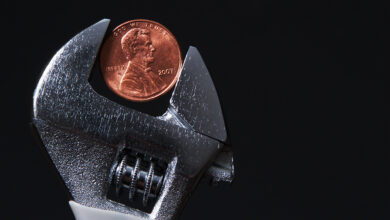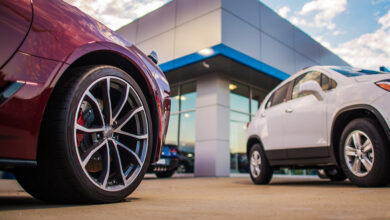The Risks of Project Vehicle Sponsorship
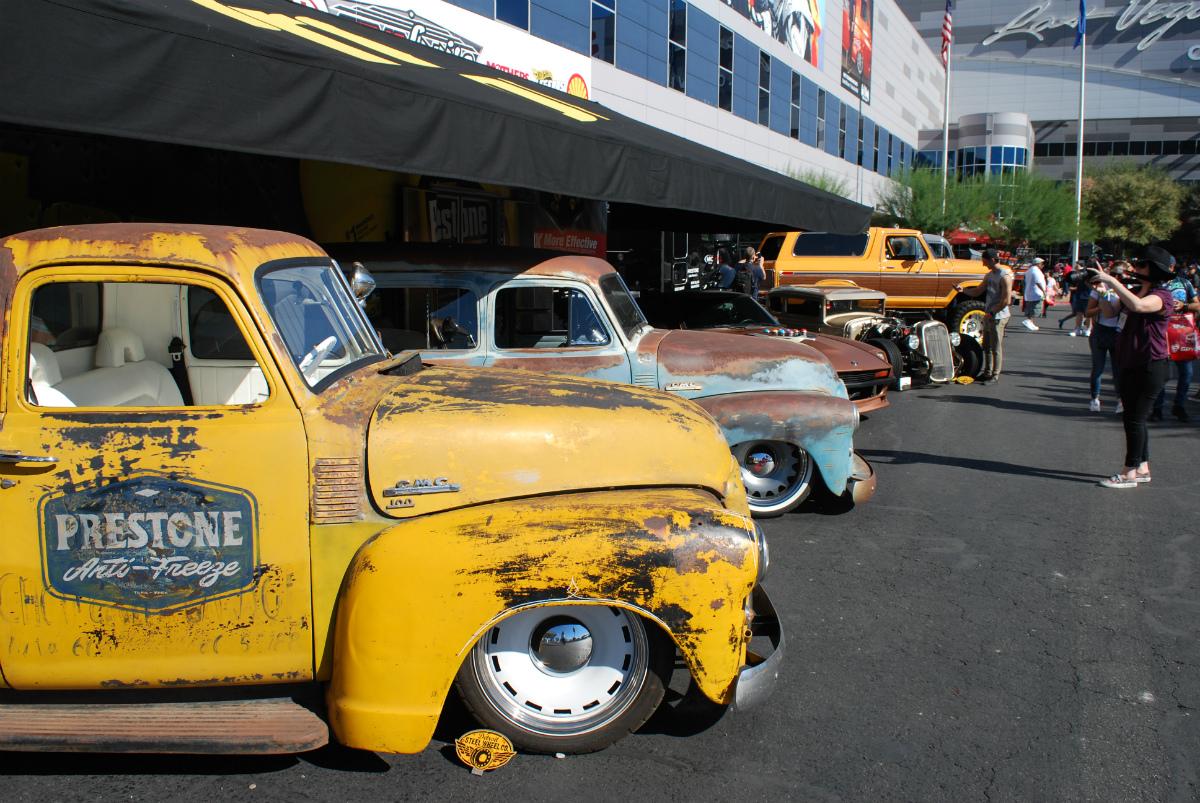
With the SEMA Show right around the corner, the industry tachometer will be in the red zone. Manufacturers will be releasing new products, retail buyers will be eager to learn about the hottest trends and car builders will show the world what is possible, as the show venue is the perfect environment to excite consumer imaginations and take aftermarket enthusiasm to the next level.
But how do builders protect themselves when those SEMA dreams start to become reality?
About this Sponsored Content
Alliant Insurance Services Inc., is the endorsed broker to the Specialty Equipment Insurance Alliance and founding managers of both RevPro and Installers Edge programs which deliver property and casualty products and services to automotive parts manufacturers, distributors, retailers and garage operators across the country on a retail and wholesale basis.
Below, we’ll address some of the common concerns raised by builders and give some tips on how to prepare for taking custody of a project vehicle.
From an insurance perspective, how does a builder deal with the requirements by an OE regarding a project vehicle?
These types of contracts are typically straight forward. In many circumstances, garage owners think their Garage Keepers coverage will satisfy the OE requirements, which is far from the truth. In most cases, the contract reads more like a lease agreement than anything else.
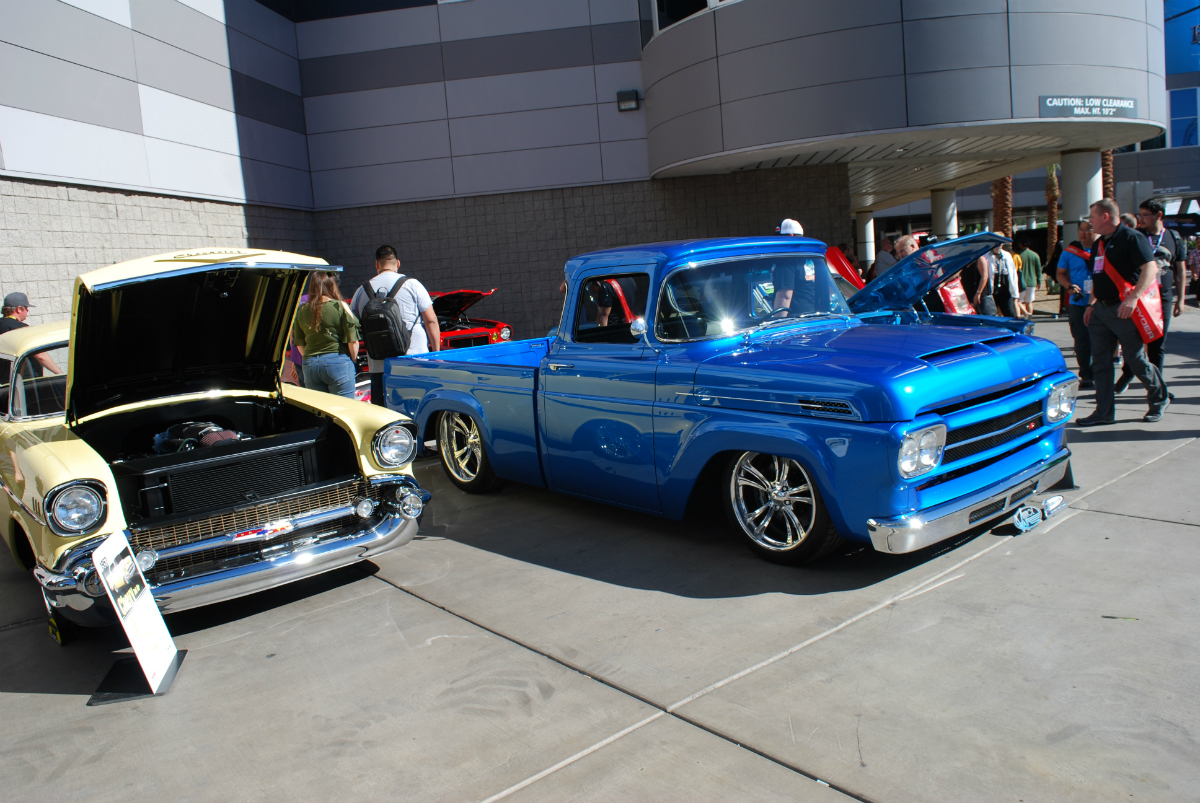
That means the person signing the contract is required to insure the vehicle for liability coverage up to the limit stated in the agreement, which in some cases may be $1,000,000 or higher. This is in addition to protecting the vehicle from physical damage with comprehensive and collision insurance coverage.
As it relates to the contract that truly reads as a lease agreement, the vehicle would need to be insured on a commercial auto insurance policy if the vehicle is in the possession of a company. If the agreement is personally signed, it depends on how personal insurance would address coverage, so it’s recommended to start with your local agent. If that doesn’t work out, try any of the major insurers like Geico, Progressive etc.
Would my Non-Owned Auto Liability coverage satisfy the requirement?
The answer is maybe, again turning back to the language of the contract. But, it’s safe to say that in most cases the answer is no, as once the contract is signed and the vehicle is in your custody, technically that vehicle is yours for the duration of the contract and the Non-Owned auto language would preclude coverage.
The second part of the puzzle is providing the physical damage-PD coverage. If you’ve purchased a commercial policy, getting PD coverage can be easily added. In most cases, your insurer will ask what the value of the car would be new. Many builders want to say, “well the car only cost $1, so that’s the value.”
Unfortunately, that’s not how the insurance industry views the replacement cost value to determine physical damage premiums. Therefore, should a contract be void of stating a value, you can always use MSRP of a similar model.
How do I take into consideration the time and investment I will be making to customize the vehicle?
Knowing that there will be a lot of man hours put into a project vehicle and plenty of parts used to get the car to the big event, we strongly agree to ask for agreed value. This takes into consideration the time and parts invested and the limit or value needs to be set based on what the vehicle will be worth at the end of the build. Unfortunately, there isn’t a way to stagger or step up the value as it rolls through the build process. This is compounded by the fact that many parts are donated via agreement with the manufacturer as a collaborative marketing opportunity, so determining a value can be tricky. 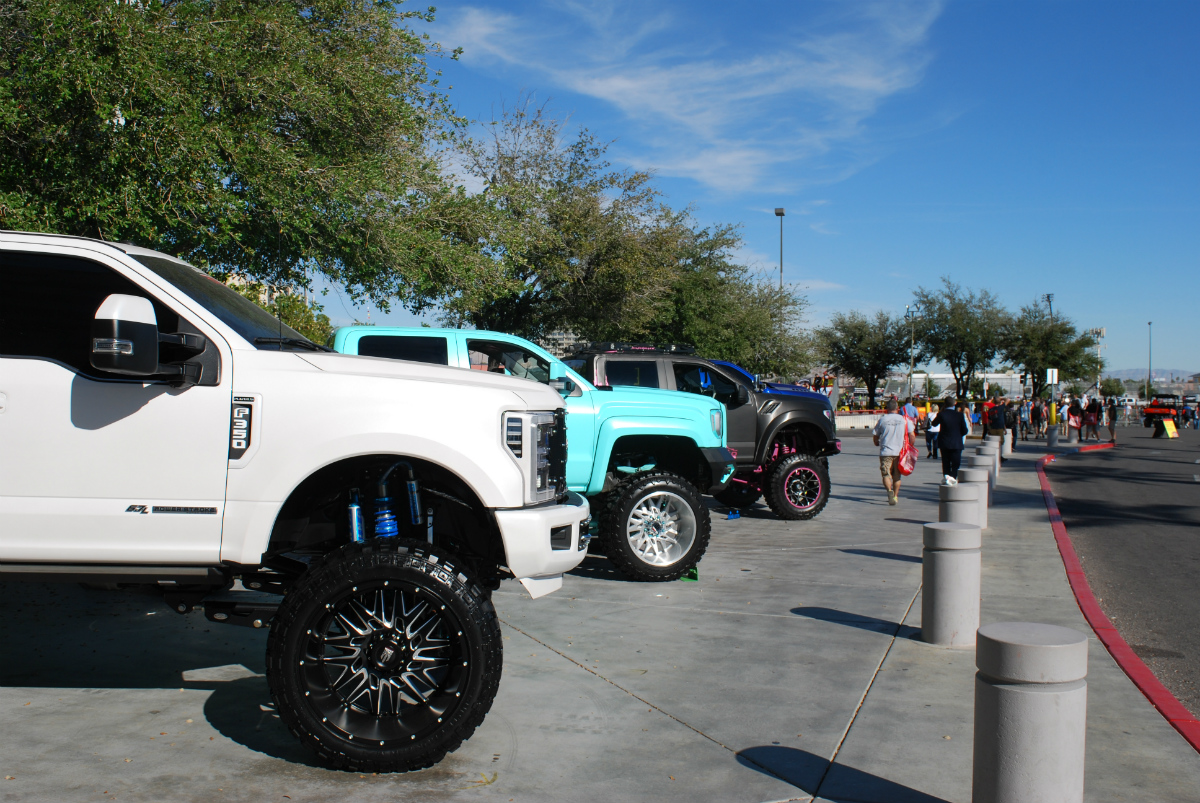
In the end, one must determine how much they would need to satisfy the OE for the replacement of the car, time and materials, as well as the parts, to create the required amount of money should a total loss occur.
One note of caution: if the vehicle you are building is a one of a kind vehicle or prototype, it is imperative that the contract clearly state what the value of the agreed amount should be prior to the builder taking possession. Not setting up this contractual agreement up front can create a multitude of financial and professional hardship for all involved due to unforeseen or difficult review of the value of such vehicle.
Will my Garage Keepers coverage extend for me taking a customer car to a show so I can promote my business/craft?
In most circumstances, the answer is yes, as long as the vehicle remains in your care, custody or control. If your neighbor’s brother’s friend is driving or trailering the car to the show and it gets damaged, your insurance company may deny coverage. The best strategy is to make sure you have a written agreement that the vehicle owner purchases coverage for their vehicle so you can avoid any misunderstandings. You should also always keep the vehicle in your control. If a transporter is being hired, ask to see proof of coverage that they cover either garage keepers or cargo coverage and up to what limit is afforded to you in the likelihood of the car getting damaged.
Being adequately prepared to take on a project car can help foster a healthy collaboration between the parts manufacturing and builder community, as the finished work truly inspires consumer enthusiasm that drives commerce for the aftermarket industry as a whole. Work with an agent that understands the automotive industry so we can continue growing the industry as a whole.
